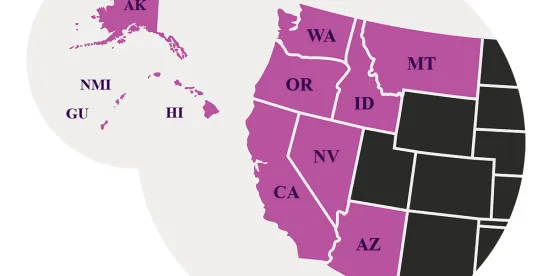A year ago, I posited the question whether a derivative suit can survive a conversion. See Can A Derivative Suit Survive Conversion? I raised that question in reference to Palkon v. Maffei, 2024 WL 678204 (Del. Ch. Feb. 20, 2024), in which the plaintiffs unsuccessfully sought to enjoin the proposed conversions of TripAdvisor, Inc. and Liberty TripAdvisor Holdings, Inc. into Nevada corporations.
Recently, U.S. District Court Judge Richard F. Boulware II seemed to answer the question with respect to Nevada corporations:
Before proceeding to the merits, the Court must determine whether Plaintiffs, whose stock was converted from Apcentive to Airborne stock, have standing as current shareholders of Airborne to bring their derivative claims against Harris and Apcentive, given that they are no longer Apcentive shareholders. Because a derivative claim is brought on behalf of the corporation, a former shareholder does not have standing to assert a derivative claim. Cohen v. Mirage Resorts, Inc., 119 62 P.3d 720, 732 (Nev. 2003). The Nevada Supreme Court looks to standards articulated by Delaware courts in determining standing to bring a derivative action. See e.g., In re Amerco Derivative Litig., 252 P.3d 681, 697 (Nev. 2011). Delaware courts maintain that the right to bring a claim for breach of fiduciary duty, including derivatively, is a property right associated with a share of stock and freely assignable. See e.g., Quadrant Structured Prods. Co. v. Vertin, 102 A.3d 155, 179 (Del. Ch. 2014) (collecting cases). Additionally, Plaintiffs have established they were stockholders of Apcentive at the time of the alleged breaches of fiduciary duty by Harris, which is sufficient to establish standing to bring a derivative claim under Delaware law. Id. (citing Rosenthal v. Burry Biscuit Corp., 60 A.2d 106, 110 (Del. Ch. 1948)). The Court thus finds Plaintiffs’ standing to sue Harris arising from their ownership of Apcentive stock survives the conversion of the stock to Airborne shares and arises from their current ownership of Airborne stock.
Tsatas v. Airborne Wireless Network, Inc., 2025 WL 973840, at *18 (D. Nev. Mar. 31, 2025). However, I am not convinced that Judge Boulware actually decided the question. In the opinion, he repeatedly refers to an the conversion of Apcentive's shares, but he also refers to an exchange. Based on my review of the Nevada Secretary of State's filings, itv does not appear that Apcentive engaged in either a statutory conversion or a merger. Further, the Form 8-K/A describes the shares as being issued as consideration for the purchase of intellectual property.



 />i
/>i
